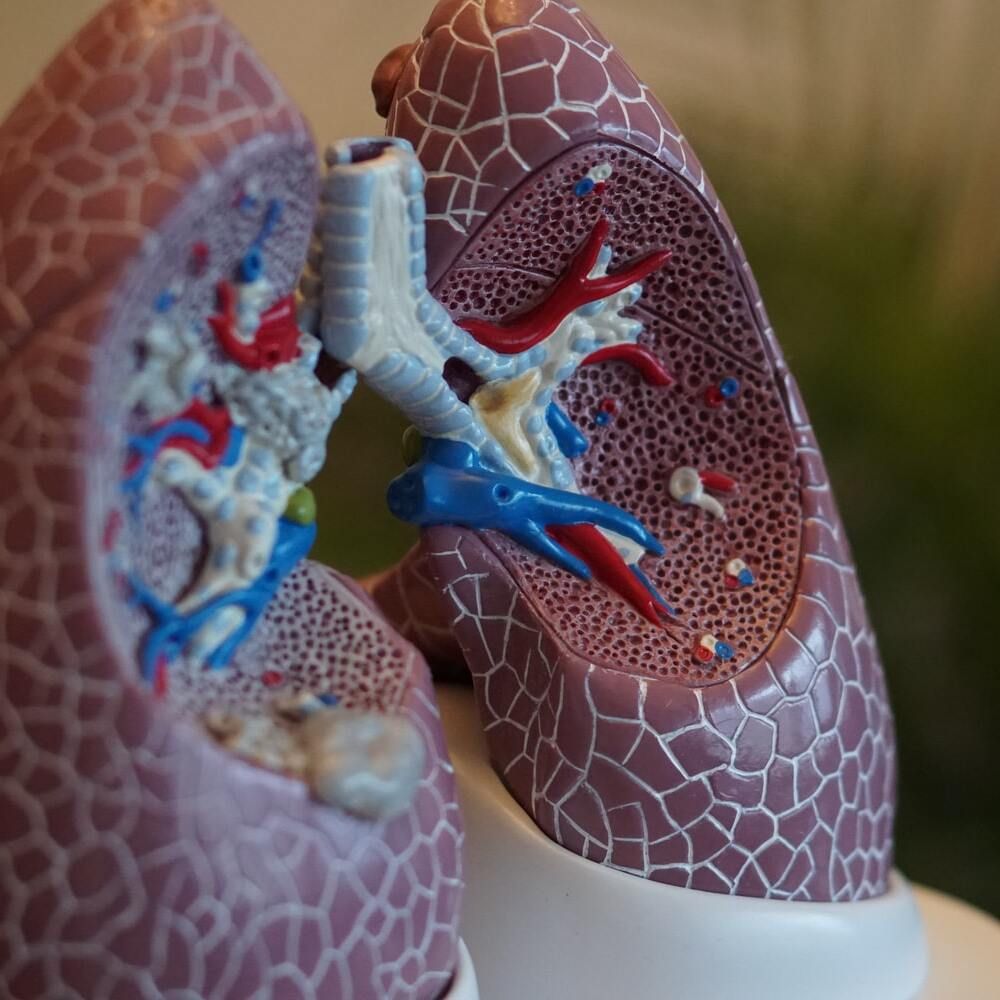Article
Asthma Control Has No Relationship with Inhaler Use Satisfaction
Author(s):
A majority of the patients included in the analysis (93%) indicated they had uncontrolled asthma.

According to a new study presented at CHEST 2020 Annual Meeting, there was no observed association between the level of patient inhaler use satisfaction and asthma control.
Asthma guidelines have stressed the education, prevention, diagnosis, and management of asthma. Education efforts include informing patients of proper inhalation techniques, which can have an impact on effectiveness on asthma.
Furthermore, many studies have shown that factors such as age, gender, duration, severity of the disease, and type of inhaler use, are important to disease control.
However, few studies have assessed the impact of asthmatic patients’ satisfaction on the disease control.
Therefore, investigators from Saudi Arabia conducted an analytical cross-sectional study across the country’s asthmatic population in order to determine the impact of asthmatic patients' satisfaction upon disease control.
Along with demographical data sheets, they used the Treatment Satisfaction Questionnaire for Medication (TSQM) to assess patient satisfaction and the Asthma Control Test (ACT) to assess the disease control. These surveys were distributed through WhatsApp and Twitter.
They then analyzed their data using an unpaired t-test and chi square test.
Overall, the investigators received a total of 162 responders, of which 71 were included in their analysis. Of the 71 assessed, 66.2% were woman. The mean age of the population was 28.8 years.
A majority of them had uncontrolled asthma (93%), and the rest had somewhat controlled asthma (7%). Furthermore, their results indicated that the most common inhaler device used was MDI (71.8%), followed by SVN (18.3%), and DPI (9.9%).
And finally, the team noted that there was no relationship between asthmatic patient satisfaction following control of disease (P<.62). The results undermined their hypothesis that greater disease control would be found in patients who have high satisfaction upon inhaler use.
They acknowledged that further studies are needed to detect the impact of asthmatic patients’ satisfaction upon disease control. Such a relationship could have important clinical implications.
“Taking the asthmatic patient satisfaction in consideration upon the asthma medication as an important key factor will provide better disease control and management,” they wrote.
Overall, there has been an increasing shift in patient-centered approaches and perspectives to asthma management—whether that is through education efforts, a focus on patient satisfaction, and patient empowerment to manage their symptoms.
And yet, the coronavirus disease 2019 (COVID-19) pandemic has further complicated this issue of asthma control and care.
Although research over this past year has shown conflicting evidence about asthma as a risk factor for COVID-19, asthma control has been a top priority for both patients and healthcare providers during the pandemic.
New technologies are expected to become widely available that will track and provide feedback on patient use of inhalers.
The study, "The Effect of Inhaler Use Satisfaction Among Patients with Asthma on the Disease Control," was published online as a late-breaking abstract by CHEST.





